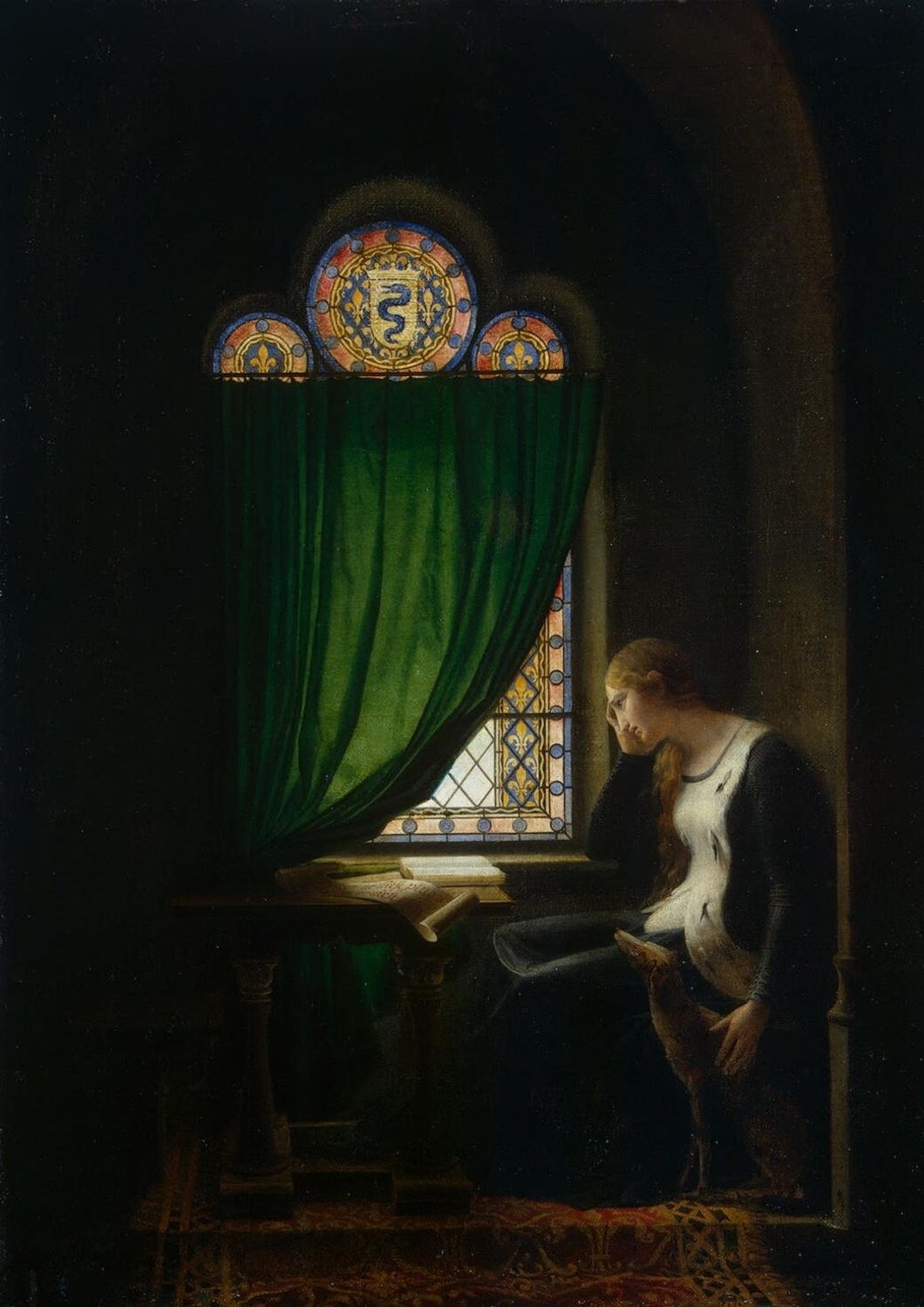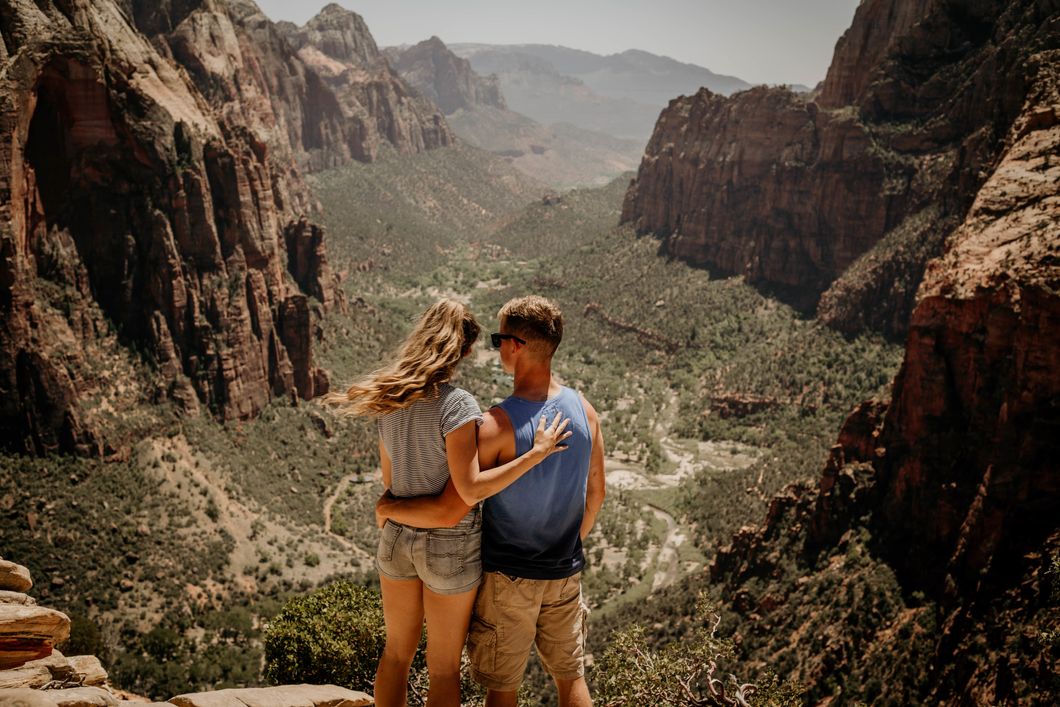I became a widow in the late summer of 2012. I never gave much thought to this word or the concept of being a widow. I had a great aunt that was widowed when I was a very young girl. She was a sweet quiet woman that never married and cared for others in our family until the day she passed. My mother-in-law became a widow several years before me and I sympathized with her loneliness but never understood her grief until it happened to me.
According to an article on "Widow Facts" by Marilyn Murray Willison, as of August 2017, there are approximately 13.6 million widows in America. An average of 700,000 women become a widow in the United States each year. Willison also states a widower is more likely to marry sooner than a widow. Experts agree that grief, heartache, and shock dominate the first three months after a husband's death, and in some cases, it will affect a widow's well-being for the rest of her life.
After my initial few months of grieving alone and not understanding my emotions, I did some research on the internet and came across a support group for widows. This group met every second Thursday of the month at a widow's home. She asked for a contribution of food or drink to share with the others in her group. The first day I went to this support group, I knew I was in the right place.
Most of the ladies that attended the support group were in their mid to late fifties and sixties with a few in the early seventies. Many were still working and taking care of homes and navigating the trauma of the reduced income and lack of emotional support. We yearned for guidance; each in different and unexplained ways. Once a month the group would come together and share their journey and listen to the newest member tell her story as many reassured her that she will survive.
And survive we did. I had lunch with some of those ladies last Sunday. We talked about the old group and how much we missed those Thursday nights of bonding in that quaint little home in Winter Park. The woman who started this group has turned her quiet little get-together into a charitable organization with chapters throughout the United States. It's a business now and like our husbands, what we had at her home will never come back again.
What surprised me was that even though we don't meet in the same manner, we found new ways to spend time together and enjoy each other's company. As the seven of us sat around a large table in a restaurant and chatted about our family's and new experiences, I realized the woman that once accepted us into her home taught us something important. With all the grief and anxiety, we each experienced, we were able to bond. Seven women of very different backgrounds, that might have never met, began to cultivate lasting friendship born out of tragedy but has blossomed into a life of its own.
Even though the seven of us don't see each other on a regular basis, as two smaller groups we do. I meet with two of the ladies for a book club along with several other widows from the support group. Our love of reading has kept us on that monthly track of checking in and supporting each other as we move forward in our lives. The other four ladies meet monthly on a Sunday afternoon for lunch at a restaurant owned by a son-in-law of the widows.
Widowhood has evolved since the days of old women dressed in black and spending time alone or in churches. The lack of gun control, never-ending war in the Middle East, and the opioid epidemic, as well as heart attacks or cancer, has created a large generation of widows and widowers. Finding the right support group to get through all the stages of this uncertain life is important. If there isn't a support group in your area, start your own. Many times, an open home and a tissue for tears will turn into a new kind of friendship for moving forward.

















